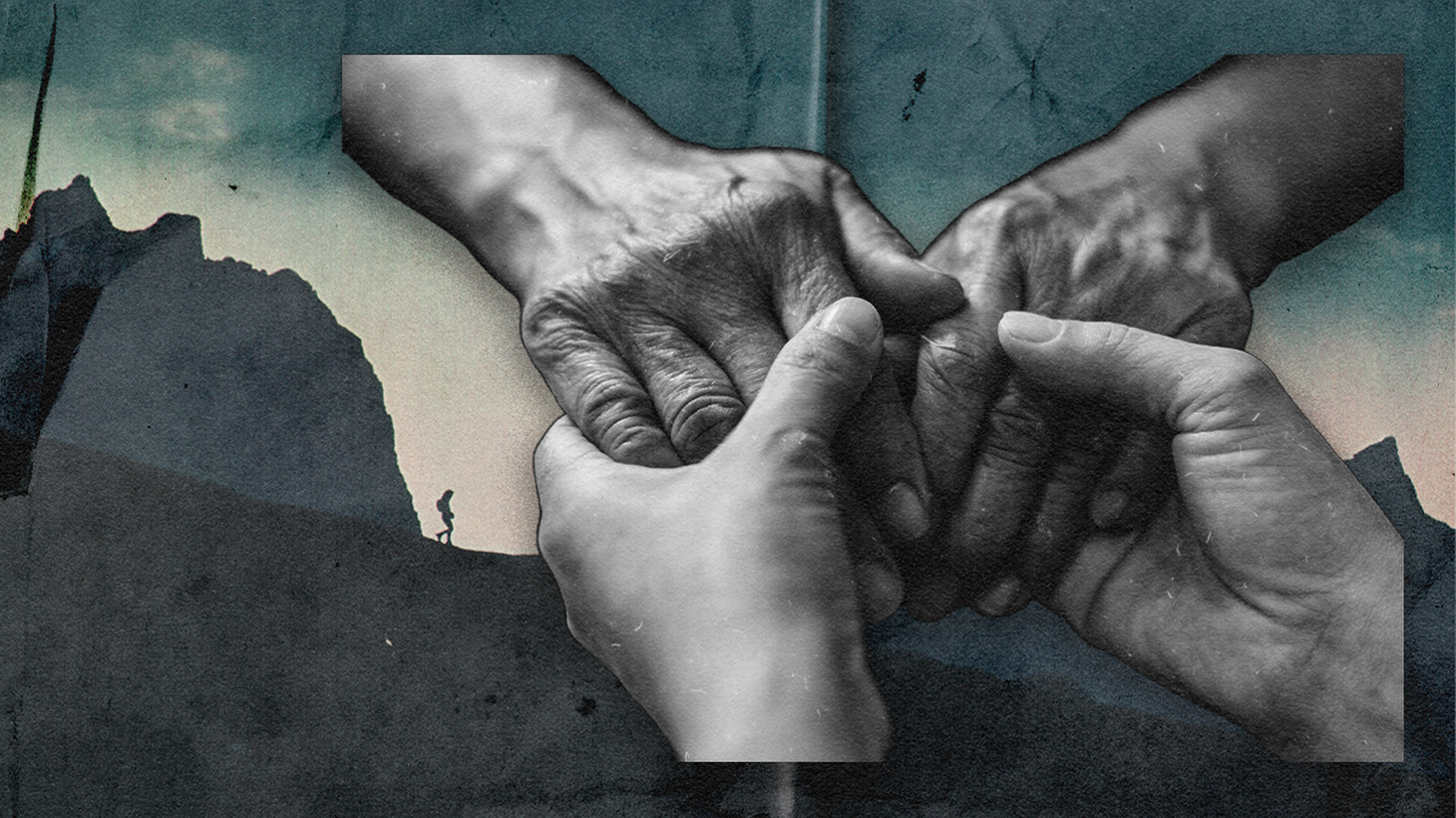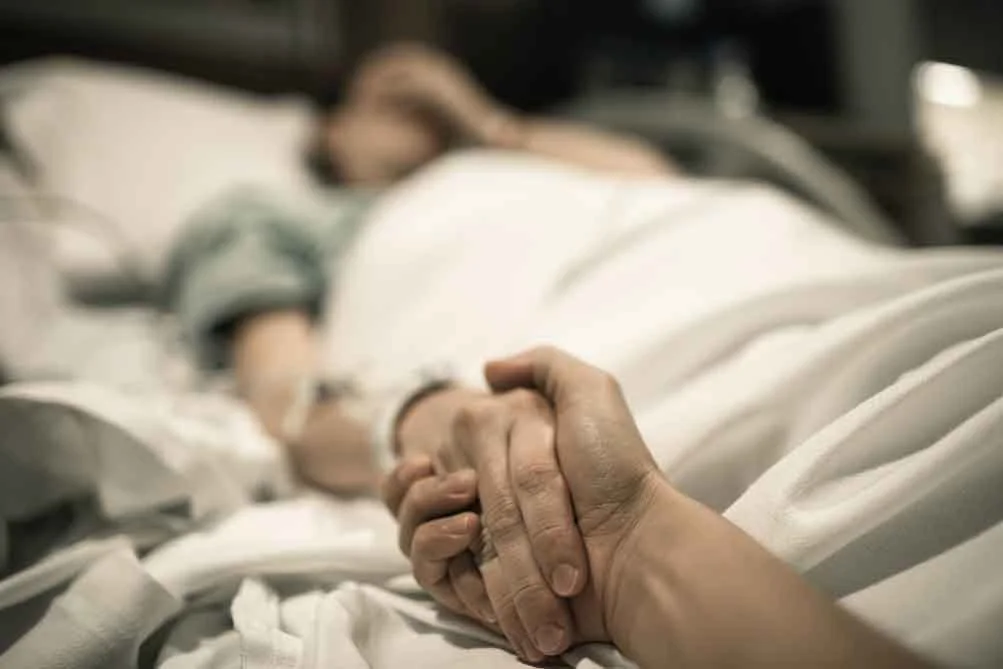The Troubling Spectre of Natural Death Becoming Cruel and Unusual
Earlier today the New Zealand media covered a story that had already been making headlines in Australia about a terminally ill prisoner who was euthanised last week in New South Wales.
The fact that he was given a lethal dose by the state has angered his victims, particularly his daughter Nevaeh Jett, who took to social media to express her outrage:
“I and other victims feel robbed that he did not serve out his natural life in prison. He was given the easy way out, the comfortable way out.
“Four years ago, I and other victims read our victim impact statements in front of him and an entire courtroom. It was the hardest thing I’ll ever have to do, and I will have to live my entire life dealing with the effects of his abuse.”
Neither Jett, nor any of the other victims of the abuse were notified prior to the euthanasia that this was even going to be taking place.
The first major issue embroiled in all of this is that the person who was euthanised was a prisoner, with many years still to serve on his original 30 year sentence, when he had his life ended by the NSW state last week.
This particular scenario raises serious questions about whether or not currently imprisoned offenders can be safely considered to be making their euthanasia decisions free from coercion.
In such a scenario, is the person seeking euthanasia because of their terminal diagnosis, or because they no longer want to see out their days behind bars?
Or what of prisoners who might adopt perverse motivations, such as treating euthanasia as a type of de facto self-imposed death sentence, or even those who might view it was a way of further inflicting pain on their victims or victim families?
And what of the conflict of interest on the part of the state - which will always be financially advantaged if a prisoner dies before their mandated incarceration period comes to an end.
Just last year the British Journal of Psychiatry published a paper outlining serious ethical questions about euthanasia of incarcerated persons in light of four high profile cases of prisoner euthanasia over the past ten years (three of which have taken place in only the past few years).
Leaving that matter aside though, this latest case from Australia highlights a far more troubling problem.
Just consider the following statement from one of the victims in the media coverage of the New South Wales incident (emphasis added):
“Realistically, he should just be left to suffer with the terminal illness that he had. Sure, have palliative care. That’s a standard human right, everybody deserves that. But to get a privilege that innocent people have been denied is preposterous.”
Or this statement from a prisoners advocacy group (emphasis added):
“The victims’ rights do not extend to adding extra pain and suffering to the offender… We would absolutely reject any involvement by the victim in a medical decision on voluntary assisted dying as an intervention. Otherwise, we are supporting torture, and we as a compassionate society must avoid anything that could be seen as such in this situation.”
These two statements, each expressing polar opposite views regarding the question of prisoner euthanasia, have one troubling thing in common.
They are both treating natural death, where palliative care is provided to the dying person, as being an unnatural, and even cruel thing for someone to have to go through.
Meanwhile, being euthanised by the state is spoken of as if it is the privileged, preferred or normative way to die.
This is not a new phenomenon.
The dishonest euphemism ‘death with dignity’, which has been used by pro euthanasia activists for decades, contains the implicit lie that dying naturally is undignified, while being deliberately killed by a state administered lethal injection is actually the only form of humane death.
This is precisely why language matters - it is world building.
When you constantly lie to people with dishonest euphemisms, they begin to cement themselves within the cultural zeitgeist. Once the mainstream media takes to using them, the lies really take hold and begin to increase in number and magnitude in the popular consciousness.
This is precisely how you end up with victims and prisoner advocacy groups both expressing the same pernicious falsehood about human death even though they are on polar opposite sides when it comes to matters pertaining to prisoner euthanasia.
No matter how much the pro euthanasia activists and their powerful lobby groups might try to deny it, this reflects a major social and cultural shift that harms all of us when it comes to death and dying.
Even those of us who want nothing to do with the sordid and dangerous practice of state euthanasia.



